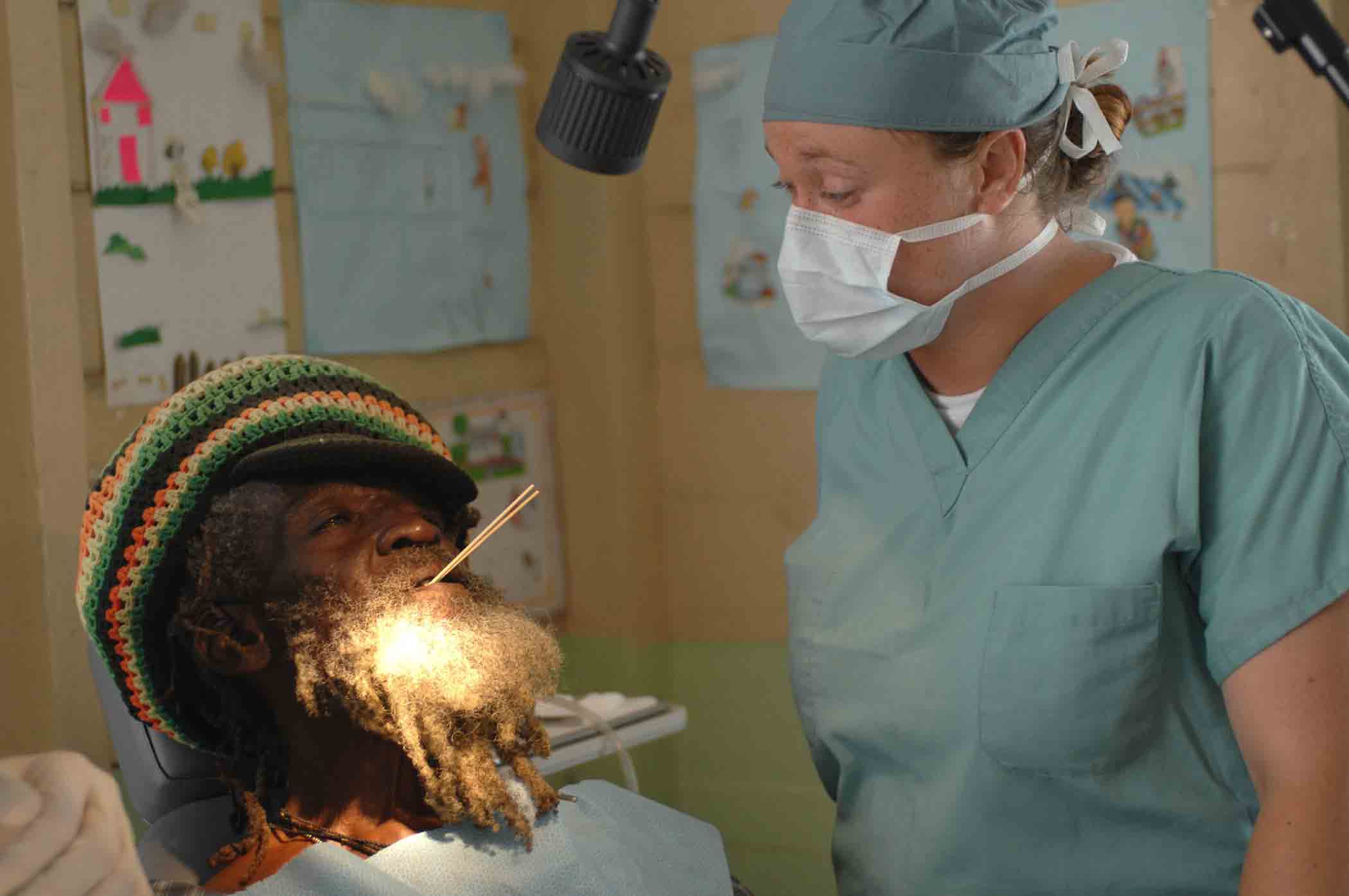Having been accepted to medical school, I’ve had quite some time to reflect back on all the things that got me to this point, but there’s one statement which still lingers in my mind. At one of the Alpha Epsilon Delta meetings my freshman year, an assistant dean from Texas A&M’s medical school spoke to the members about A&M’s medical program, what it takes to get accepted, etc. At the end of the meeting, he said one sentence which probably sounded cheesy to all my peers, but it left a lasting impression and really helped shape my current view of medicine.
To cure sometimes, to relieve often, to comfort always.
Come to find out, this is actually a relatively famous aphorism in medicine, but regardless, it’s so true in principle yet so difficult in practice.
My naive, elementary-school notion of medicine involved replaying a simple scenario:
- Patient comes in with a problem.
- Doctor diagnoses the problem.
- Treatment is prescribed.
- Patient lives happily ever after.
Mind you, this became totally invalid after I learned that strep throat and ear infections are not the only two diagnoses doctors can give. 😉
But think about it. Most of us rarely consider the possibility that doctors cannot cure everything. We quickly think of terminal cancer, old age, etc. as such incurable scenarios, but there are countless others. In spite of this sad truth, we underestimate the compassion doctors show in the face of adversity. The level of comfort they can establish with a complete stranger in light of a life-threatening diagnosis is truly commendable and unique.

This brings to mind the possibility that compassion cannot be learned. What if a medical student is incredible academically, but incapable of having the social skills required to discuss difficult topics with patients? If you ask me, medical interviews may in fact over estimate a candidate’s social skills. Every applicant should be given the case scenario in which they have to tell their patient they are dying. Or that their son/daughter has a terminal illness. Or how they would deal with the fact that someone died at their hands. It’s not enough to casually discuss research, the weather, family, school, etc. Then again, what do I know about the process of selecting candidates? 🙂
Again, I know we’re heavily trained to deal with patients in medical school, but it’s still fair to consider that some of us are naturally more compassionate than others. By the philosophy above, we as doctors are trained to be individuals of unparalleled love (because we can always provide comfort), but years ago, I had very little sense of this.
Oh how things change. Guess I gotta start being nice to people. 😀






“Every applicant should be given the case scenario in which they have to tell their patient they are dying.” I very much agree with you there. That, in my eyes, would the hardest, most challenging thing to do as a doctor. And yet, are medical students trained/directed at all in that area?
It’s kind of like people who go to seminary to become pastors. Sure, they learn the Bible from front to back, but what about conducting a funeral? What about the REAL LIFE stuff?
I think it could be something these teacher, professor, educator people should consider.
From what I understand, a great deal of time is placed on the “human” aspect of medicine in medical school. We have mock-patients who present with symptoms and varying attitudes, so we can get used to what we’ll encounter once we have our own practice. We spend a lot of time in the hospital environment getting exposure to real world examples too. I can’t wait to get started in six months!! 🙂